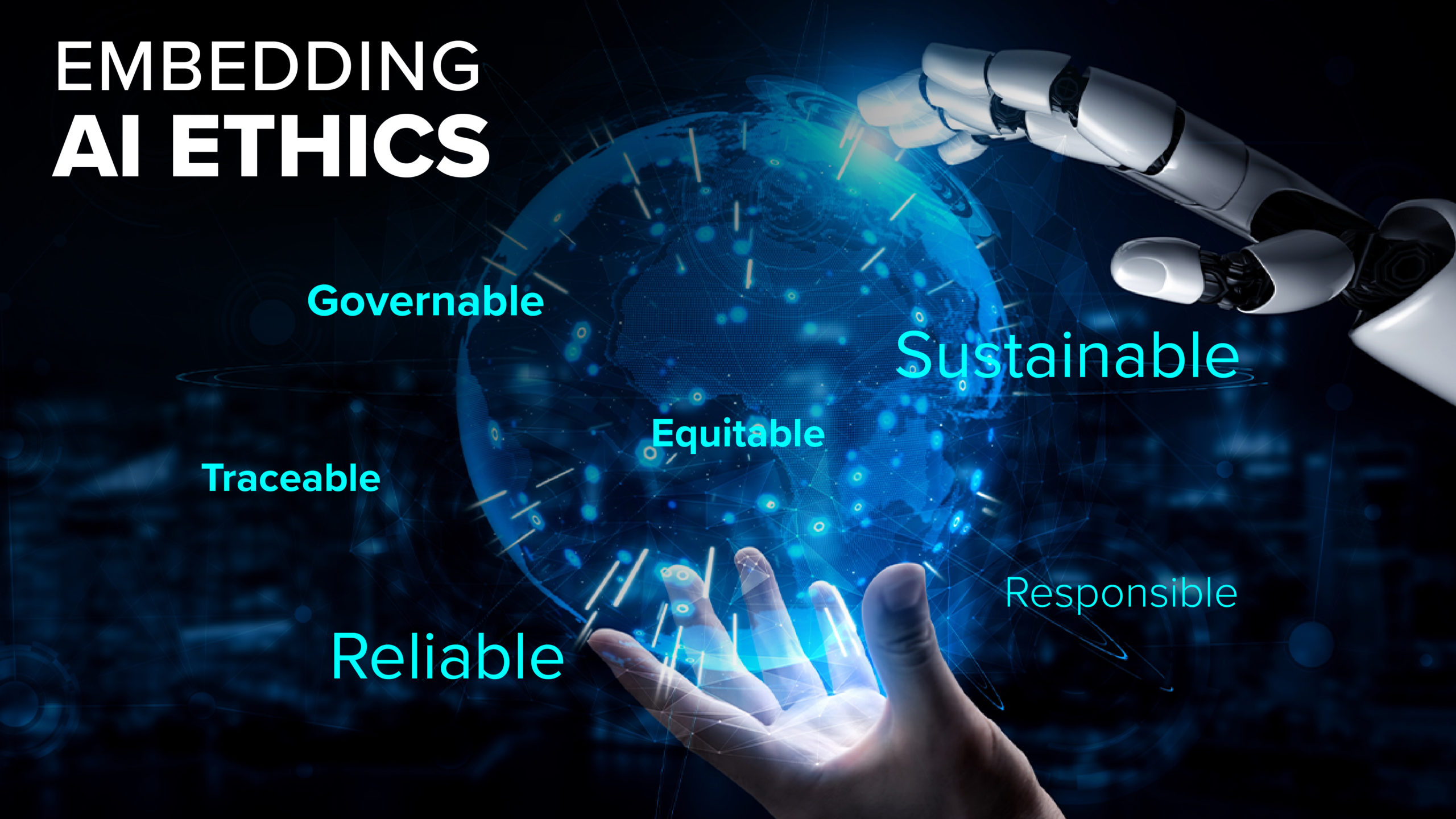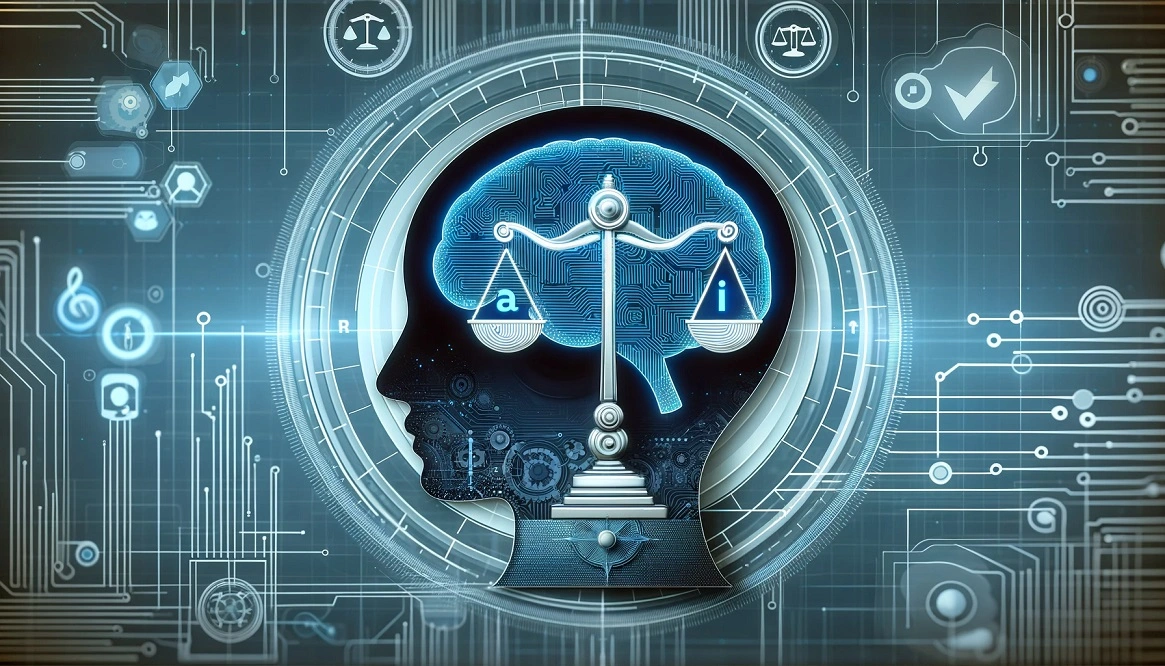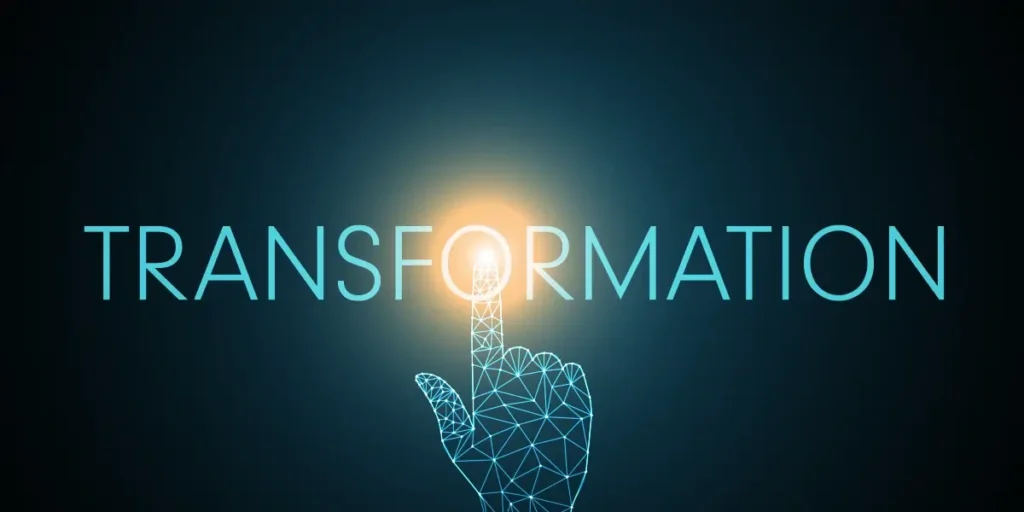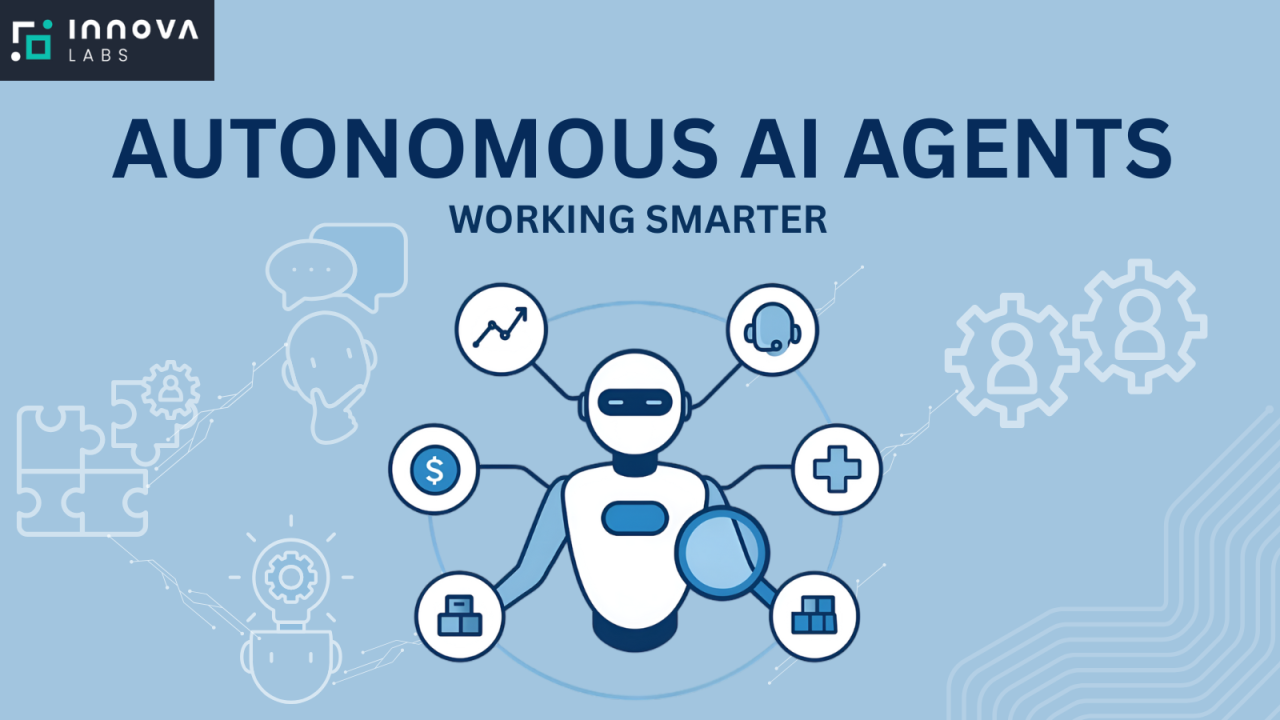AI Ethics in 2025: Navigating the Moral Code of Machines
Introduction
As artificial intelligence (AI) becomes deeply embedded in society—from healthcare and education to policing, finance, and creative arts—it also raises profound ethical questions. AI doesn’t exist in a vacuum; it reflects the values, assumptions, and sometimes the biases of its creators. In 2025, AI ethics is not a luxury—it’s a necessity.
But what does “ethical AI” truly mean? Is it simply about removing bias? Ensuring transparency? Or does it extend to making sure AI systems respect human rights, operate responsibly, and are held accountable?
This article delves into the foundations, challenges, and practical applications of AI ethics in 2025, helping both developers and users understand how to navigate the moral terrain of machine intelligence.
Why AI Ethics Matters More Than Ever in 2025
AI technologies now power critical decisions: who gets a loan, what medical treatment is recommended, and even who is hired. As such systems become more autonomous, their ethical grounding becomes paramount.
Key reasons why AI ethics is a hot-button topic in 2025:
-
Pervasiveness: AI is no longer experimental; it’s embedded in daily life.
-
Impact Scale: One biased algorithm can affect millions.
-
Opacity: Many models (like deep learning networks) are black boxes.
-
Power Dynamics: AI centralizes decision-making, often without accountability.
Ethical AI is not about slowing innovation—it’s about ensuring technology serves all of humanity fairly.
Core Principles of Ethical AI
Various organizations like IEEE, OECD, and EU AI Act have proposed frameworks, but most converge on these key pillars of AI ethics:
1. Fairness and Non-Discrimination
AI must not perpetuate societal biases. Algorithms trained on biased data can produce discriminatory outcomes—whether in policing, credit scoring, or hiring.
Example: A resume screening AI rejecting female candidates based on past male-dominated hiring data.
2. Transparency and Explainability
Humans should understand how and why an AI system made a decision.
Tools like LIME or SHAP attempt to explain decisions of complex ML models.
3. Accountability
Who is responsible when AI makes a mistake? The developer, the deployer, or the machine itself?
In 2025, more governments are requiring “algorithmic accountability reports” and impact assessments.
4. Privacy and Data Protection
AI systems often depend on personal data. Ethical AI should limit data collection, ensure anonymization, and uphold consent.
GDPR, CCPA, and emerging AI privacy laws in India and Africa are enforcing these principles globally.
5. Autonomy and Human Oversight
AI should not replace human judgment in sensitive domains like healthcare or criminal justice without strong oversight.
“Human-in-the-loop” systems are gaining traction as a default ethical practice.
Major Ethical Challenges in AI (2025)
Despite increased awareness, several persistent and emerging ethical dilemmas continue to plague AI adoption in 2025:
1. Algorithmic Bias
Even state-of-the-art AI models show bias due to:
-
Skewed training data
-
Implicit assumptions in code
-
Lack of representation in datasets
Example: Facial recognition systems still misidentify dark-skinned individuals more frequently than light-skinned ones.
2. Deepfakes and Disinformation
AI-generated content (images, voices, texts) is now indistinguishable from real. This poses threats to trust, democracy, and public safety.
Regulators are scrambling to enforce AI content labeling to fight misinformation.
3. Surveillance and Loss of Anonymity
AI-powered surveillance tech is widely deployed—often without consent.
-
Predictive policing
-
Workplace monitoring
-
Emotion detection at schools
Ethical debate continues: Security vs. Civil Liberties.
4. AI in Warfare
Lethal autonomous weapons (LAWs) are controversial. Should a machine be allowed to decide who lives or dies?
Activists and ethicists call for global treaties to ban or regulate AI in warfare.
5. Intellectual Property and AI Creativity
AI can now write novels, compose music, and generate paintings. But who owns the rights? Is it the developer, the user, or the AI?
Ethics demands a reevaluation of ownership, originality, and authorship.
Ethical AI in Action: Real-World Use Cases
Healthcare AI: The Dilemma of Diagnosis
While AI can detect diseases like cancer with high accuracy, false negatives can be fatal. Ethical systems include:
-
Human doctor oversight
-
Transparent diagnostic pathways
-
Risk disclaimers
Hiring & HR Automation
AI hiring platforms use NLP and computer vision to evaluate candidates. Ethical concerns include:
-
Bias against non-native accents
-
Gendered language interpretation
-
Lack of appeal mechanism
Content Moderation at Scale
Social media platforms use AI to detect hate speech or misinformation. But algorithms can:
-
Over-censor marginalized voices
-
Miss harmful nuance
-
Be influenced by political agendas
Ethical moderation demands diversity-aware datasets and real-time feedback loops.
Regulations & Ethical AI Frameworks in 2025
As of 2025, multiple governments and organizations have taken concrete steps to legislate AI behavior.
European Union (EU AI Act)
A risk-based regulation that classifies AI systems and imposes transparency, risk assessment, and bans on certain applications.
USA – Algorithmic Accountability Act (2025 Draft)
Proposed law requiring companies to audit AI for bias and publish impact statements.
India’s AI Mission Guidelines (NITI Aayog)
Focuses on responsible innovation, open data, and inclusive AI that benefits underrepresented communities.
UNESCO & OECD Frameworks
Push for global standards on ethical AI, digital rights, and AI literacy.
How Developers Can Build Ethical AI
Building ethical AI requires designing with values in mind, not patching problems later.
Key Actions Developers Can Take:
-
Diverse & inclusive datasets
-
Bias audits during development
-
Fairness-aware ML techniques
-
Use explainable models
-
Engage with ethicists and marginalized groups during design
-
Create fallback options for critical decisions
-
Adopt open and auditable documentation for AI models
Business Case for Ethical AI
Besides being morally right, ethical AI is good for business.
-
Reduces legal risk (GDPR/AI Act violations can lead to massive fines)
-
Builds public trust
-
Improves product quality
-
Attracts conscious consumers and investors
-
Enables long-term scalability
Companies like Microsoft, IBM, and Google now have AI ethics teams and publish model cards with every major AI release.
Future of AI Ethics: Where Are We Headed?
Looking ahead:
-
AI Ethics as a Standard Practice: Part of ML pipelines and product dev
-
Ethics-By-Design becoming industry norm
-
AI auditors and ethicists joining tech teams
-
Public AI literacy campaigns to inform users
-
Global treaties on AI warfare, surveillance, and rights
In the long term, the goal is alignment—ensuring AI goals don’t diverge from human values.
FAQs about AI Ethics
Q1: What is AI ethics?
AI ethics is the set of moral principles and practices that guide the design, development, and use of artificial intelligence systems responsibly and fairly.
Q2: Why is AI ethics important?
AI ethics ensures that technology does not harm individuals or society by being biased, opaque, or misused. It helps promote trust, fairness, and accountability.
Q3: Can AI ever be truly unbiased?
No system is 100% unbiased, but through careful data curation, transparency, and diverse representation, AI can be made significantly fairer and more equitable.
Q4: How do I know if an AI system is ethical?
Check if it follows principles like transparency, accountability, fairness, privacy, and if it has undergone third-party audits or conforms to existing regulations.
Q5: What laws exist around AI ethics in 2025?
The EU AI Act, Algorithmic Accountability Act (USA), India’s AI guidelines, and global frameworks by UNESCO/OECD are some key regulatory efforts.
Conclusion
As we enter deeper into the AI era, ethics is the compass guiding us through uncharted territory. It’s no longer just about what AI can do, but what it should do. Ethical AI is not a bottleneck—it’s a blueprint for innovation that lasts.
Whether you’re a developer, policymaker, user, or just a curious citizen, engaging with AI ethics in 2025 is essential for building a more just, transparent, and inclusive future.






